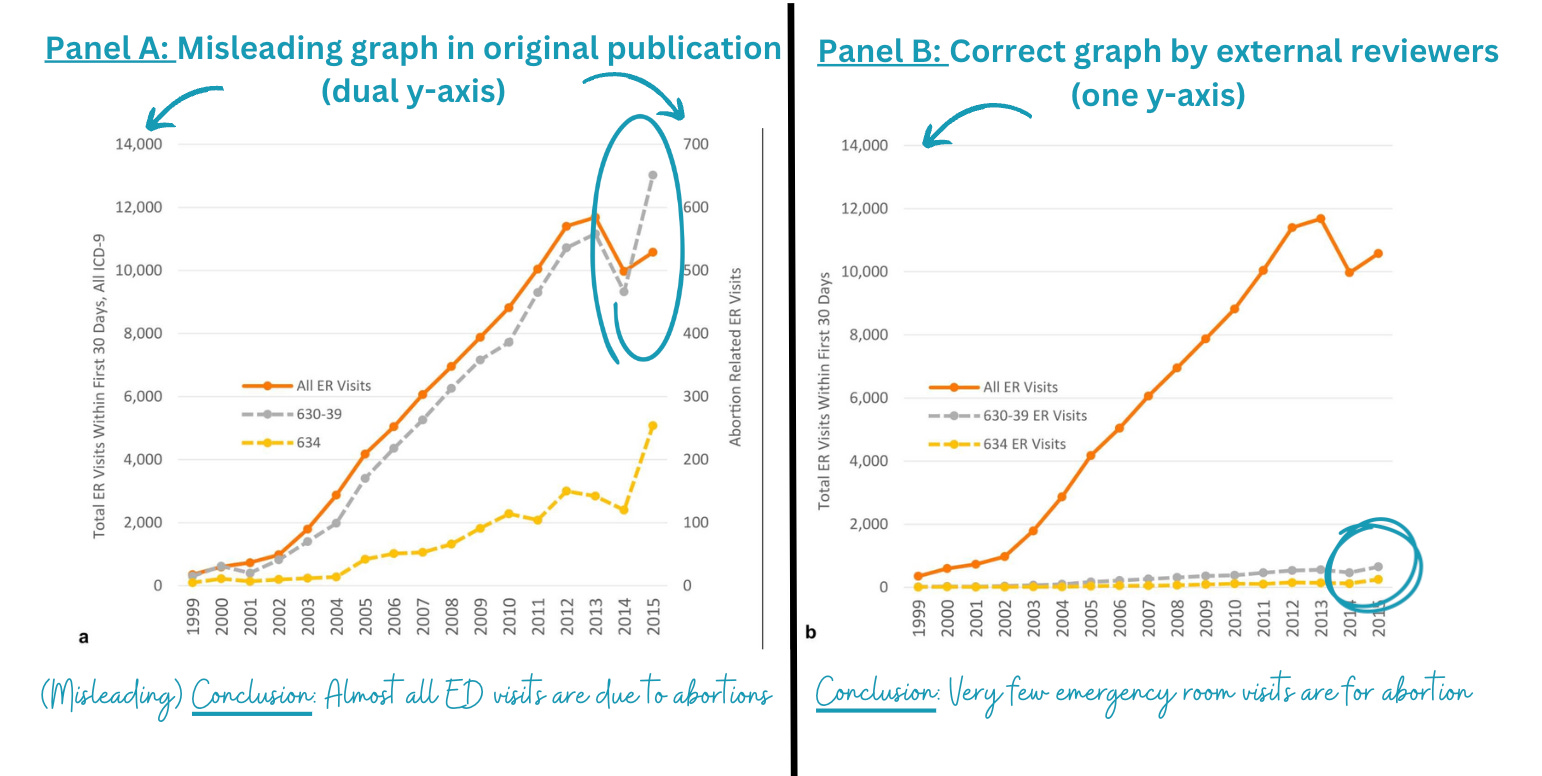- Joined
- Jun 8, 2008
- Messages
- 56,734
"
Yesterday's Supreme Court hearing on the abortion pill could decide the fate of a drug that millions rely on. It seemed like the justices were leaning toward preserving access to the drug.
States from California to New York have been stockpiling abortion pills.
Yesterday's Supreme Court hearing on the abortion pill could decide the fate of a drug that millions rely on. It seemed like the justices were leaning toward preserving access to the drug.
States from California to New York have been stockpiling abortion pills.
|









300x240.png)